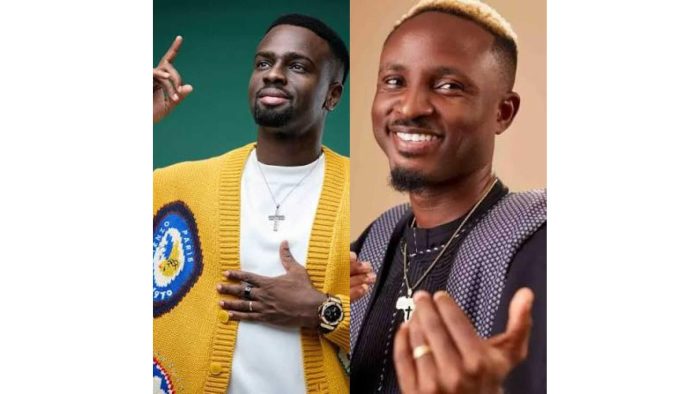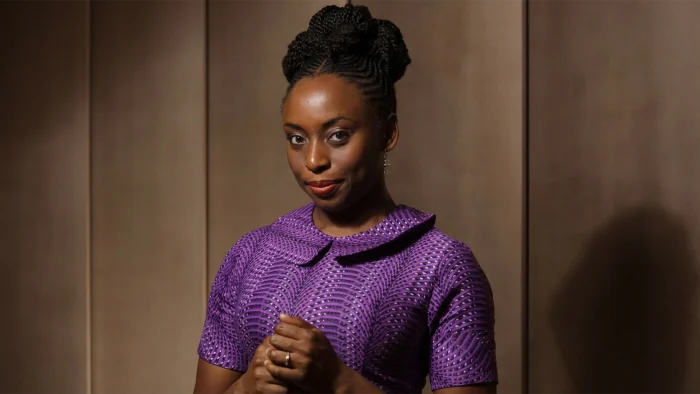“Autism has no face or shape. Autistic kids are uniquely different and special in their own ways; they are capable of doing amazingly well like the neurotypical kids,” said Chiamaka Usochi Unagha, occupational therapist for people living with autism.
Autism Spectrum Disorder (ASD) is a neurodevelopmental condition that affects communication, social interactions, and behaviour in diverse ways. No two autistic individuals are alike, hence the term “spectrum,” which reflects the broad range of experiences. Some people with autism are nonverbal, while others are highly articulate. Some thrive in structured environments and others excel in creative and unconventional ways.
Across cultures, autism is described in unique ways. In some places, autistic individuals are called “deep thinkers” or “little professors” due to their intense focus on specific interests. Others refer to them as “differently wired” or possessing a “mind of their own rhythm,” emphasising their distinct ways of seeing the world. As we celebrate World Autism Awareness Day, one of the best ways to understand and support autistic individuals is through books that highlight their experiences, strengths, and challenge; we have curated the best five for learning and getting to know our deep thinkers more:
Uniquely Human: A Different Way of Seeing Autism by Barry M. Prizant
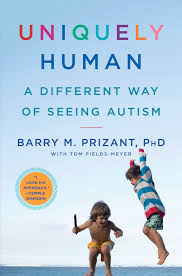
This book challenges outdated views that treat autism as a condition to be “fixed.” Instead, Dr. Prizant, a leading expert in the field, explains that autism is a different way of experiencing the world. He provides practical strategies for parents and caregivers to support autistic individuals with empathy and understanding rather than control. It’s an uplifting read that shifts the narrative from disability to uniqueness.
The Reason I Jump by Naoki Higashida
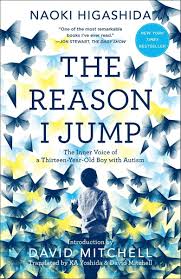
This book is written by a 13-year-old nonverbal boy with autism. It offers a rare, firsthand perspective on what it feels like to be autistic. Through a series of short essays, Naoki answers common questions about why autistic individuals behave in certain ways, such as repetitive movements or avoiding eye contact. His words challenge assumptions and offer deep insight into the autistic mind, making this a powerful book for parents, teachers, and caregivers.
READ ALSO: World Autism Day: What every Nigerian should know
All My Stripes: A Story for Children with Autism by Shaina Rudolph & Danielle Royer
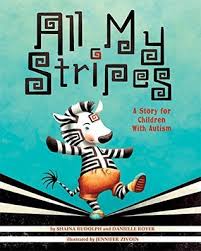
This beautifully illustrated book is perfect for young children, especially those on the autism spectrum. It follows Zane the zebra, who worries that his “autism stripe” makes him different. With the help of his mom, he learns that his unique qualities are part of what makes him special. This story promotes self-acceptance and helps neurotypical children develop empathy for their autistic peers.
The Autistic Brain: Helping Different Kinds of Minds Succeed by Temple Grandin & Richard Panek
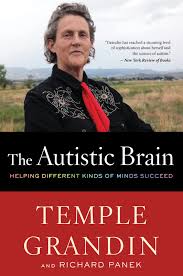
Dr. Temple Grandin, one of the most famous autistic advocates and scientists, shares insights into how autistic brains function differently. She explores cutting-edge research and explains the unique strengths autistic individuals bring to various fields. This book is a great resource for parents who want to understand the science behind it and help their children thrive by focusing on their strengths rather than limitations.
Different Like Me: My Book of Autism Heroes by Jennifer Elder
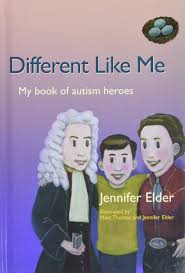
This inspiring book introduces children to historical and contemporary figures who were likely on the autism spectrum, including Albert Einstein, Lewis Carroll, and others. By showcasing the achievements of autistic individuals, it helps children, both autistic and neurotypical, see that differences can be a source of strength. It’s a confidence-boosting read that reassures autistic kids that they can accomplish great things.
Autism is not a limitation, it’s a different way of thinking, feeling, and experiencing the world. On World Autism Awareness Day, let’s move beyond just awareness to acceptance, inclusion, and celebration of neurodiversity.


